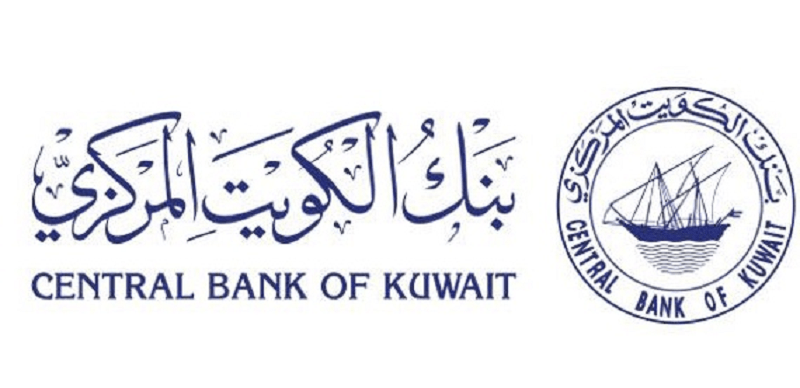The countdown has begun to oblige banks, starting from next July 3, to provide the Central Bank of Kuwait with data of remittances and cash deposits incoming and outgoing on a daily basis from Kuwait, specifically if the value of transaction is more than 3,000 dinars or more or its equivalent in other currencies, and the same applies to exchange companies.
In this regard, financial sources told a local Arabic daily that the exchange companies have been issued instructions to provide the CBK complete data of financial transactions carried out through them, at the specified value, as part of broader control efforts aimed at additional regulatory verification of the extent of commitment of these units to follow up on money transfers.
It is noteworthy that the CBK has circulated to the banks to provide it with a statement of cash deposits made in customer accounts with local banks, which are equal to or more than 3,000 dinars, as well as the two-way financial transfers to Kuwait (issued and received) with the same value on a daily basis.
The sources noted that the CBK has circulated to the 32 exchange companies, that it has decided to establish a (TRS) database, to receive (FCT) data for the transactions that must be reported, and related to money transfers executed to Kuwait for the benefit of customers which are equal to or more than 3,000 dinars or its equivalent in foreign currencies per day per customer.
It is worth noting that the new CBK decision was effective until 2014 “after the establishment of the Financial Intelligence Unit”, when the sources reported that restoring the procedure again comes as a matter of supervisory concern to quickly benefit from the data required to be sent from banks and exchange companies according to the guideline in this particular.
The CBK indicated in its circular that it was decided that receiving the required information (TRS) about the data related to this from (LCT) and (FCT) not later than 10:00 the following day for transactions that have been carried out the previous day, including holidays and official.
The Central Bank also indicated in its circular that it seeks to double the oversight follow-up with the Financial Intelligence Unit, with the aim of verifying unusual financial transactions both ways to and from Kuwait, and that it plans to create more tools in this regard, which contribute to increasing the ability to query, follow-up, and analyze patterns and behavior for unusual operations.
For its part, sources close to the daily said they sought to decipher the Central Bank’s move in this direction, explaining that the regulator seeks to impose more comprehensive control over cash deposits and financial transfers to and from Kuwait.
The sources indicated that some customers use more than one bank account in their daily transfers, and the same applies to exchange companies, in order to avoid falling into the trap of suspected violations of anti-money laundering and terrorist financing instructions and ease of distributing funds in more than one transaction.
Meanwhile, the sources reported that due to the absence of a unified control database, it is not possible to determine the safety of all financial transactions, and to ensure their regularity, the importance of providing the Central Bank with a daily statement showing the total cash transfers and deposits to and from Kuwait for the same customer daily from all outlets.
The sources pointed out that through the new procedure, the CBK can base its audit on a collected database, and not as is currently followed, which is the legally stipulated reporting, whose cases are usually limited to the bank or exchange companies’ suspicion of “money laundering”.
The sources confirmed that the new procedure does not aim to restrict remittances and cash deposits, but rather enhances ensuring safety, indicating that the client who carries out financial transactions with limits equal to or more than 3,000 dinars, is not subject to legal accountability or the freezing of his accounts, no matter how big the amount or whether he is a citizen or a resident, as long as he has proof of the regularity of his money flows.
As for the punitive role that can be resorted to with non-compliant banks and exchange companies, the sources explained that the CBK aims to build an accurate aggregated financial database, and the next stage will include drawing the attention of the concerned authorities to unusual transactions, to scrutinize the transactions more, while directing them to activate its role if it is found that it has failed to report the existence of suspicions of “money laundering and terrorist financing”.
As for the broader punitive responsibility, the sources indicated that it rests specifically with the Financial Intelligence Unit, and there will be no oversight by the Central Bank in this path, as it is the party concerned with implementing Law No. 106 of 2013 regarding combating money laundering and terrorist financing.

